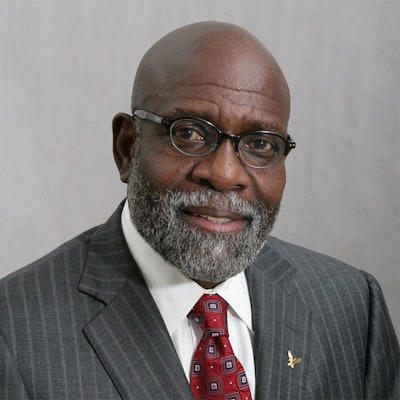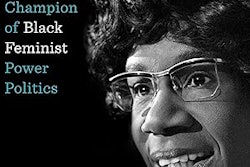Although I did not have the privilege of knowing Dr. William (Bill) Cox for as long nor as well as many of my higher education colleagues, I knew him well enough to ascertain several important things about him. First, he was an unapologetically Black man who cared passionately and profoundly about the well-being of Black people and other historically marginalized people. Second, he embraced education as a tool for transforming the lives of our people. Third, he exuded kindness, warmth, and professionalism, and he always took time to talk with people, whether they were college presidents, or recently appointed entry-level administrators trying to establish a professional foothold. Fourth, he had an unswerving commitment to excellence reflected in every issue of Blacks Issues In Higher Education, later renamed Diverse: Issues In Higher Education, co-founded with his business partner, Frank L. Matthews in 1984.
Many university administrators of my generation will recall the days before Diverse was launched, when The Chronicle of Higher Education, founded in 1966, dominated the college and university news space. There was extremely limited coverage of issues related to Blacks and other ethnic minorities in the academy. We were quite literally marginalized — in one of academia’s most prestigious publications. In the mid-1970s, as I neared completion of my graduate studies and found myself in the job market, I recall perusing the job announcements placed by predominately White colleges and universities, declaring themselves to be EEO/Affirmative Action employers with the phrase: “Women and minorities are encouraged to apply.” Many decades after seeing those advertisements, I find myself wondering how many ethnic minorities were actually hired, but I digress.  Dr. Charlie Nelms
Dr. Charlie Nelms
As I was writing this tribute to Bill, I reached out to a half-dozen retired Black higher education leaders in Michigan, Maryland, Georgia, and North Carolina, who knew him, and like me, who vividly remember the days prior to the founding of Diverse. We agreed that Bill and Frank were entrepreneurs who observed significant information and communication needs that were unmet in the academy, and they were courageous enough to take the financial risks required to address them. Even though the advertisement of job openings may have been a key revenue stream for Diverse, we were all thankful that the founders refused to make the publication a job search tabloid and instead focused on adept scholarly and political analyses of issues impacting Blacks and other minority groups in the academy. Equally important, many of the articles in Diverse are written by scholars and administrators of color. Nearly four decades after its founding, Diverse continues to be an authoritative source of curated news about and for scholars and administrators of color, adhering to the highest standards of journalistic excellence and communications.
While there is no guarantee of long-term sustainability for Diverse, nor for any other publication or institutional entity, it is encouraging to see a second generation of the Cox and Matthews families leading the enterprise started by their parents. There is an African proverb that says, “We desire to leave two things to our children: the first one is roots, the other one is wings.” Bill did both brilliantly.
In reflecting on the concept of legacy, and recalling the profound legacy left by people I have known, I am reminded that the word legacy originally referred to “a body of persons sent on a mission.” Legacy is indeed rooted in a mission of consistently doing good and caring about that which helps make life better for other people. Legacy is about connection, between and among the generations, to our ancestors, our communities, and those not yet born. We all owe a debt of gratitude to Bill Cox and Frank Matthews for their legacy, their vision and fortitude that brought an end to a deafening silence in the academy. Thank you, Bill, for your manifold contributions to humanity, and most of all, for what you did to help bring those of us historically in the margins, to the center.
Dr. Charlie Nelms is a veteran higher education administrator and chancellor emeritus of North Carolina Central University.



















